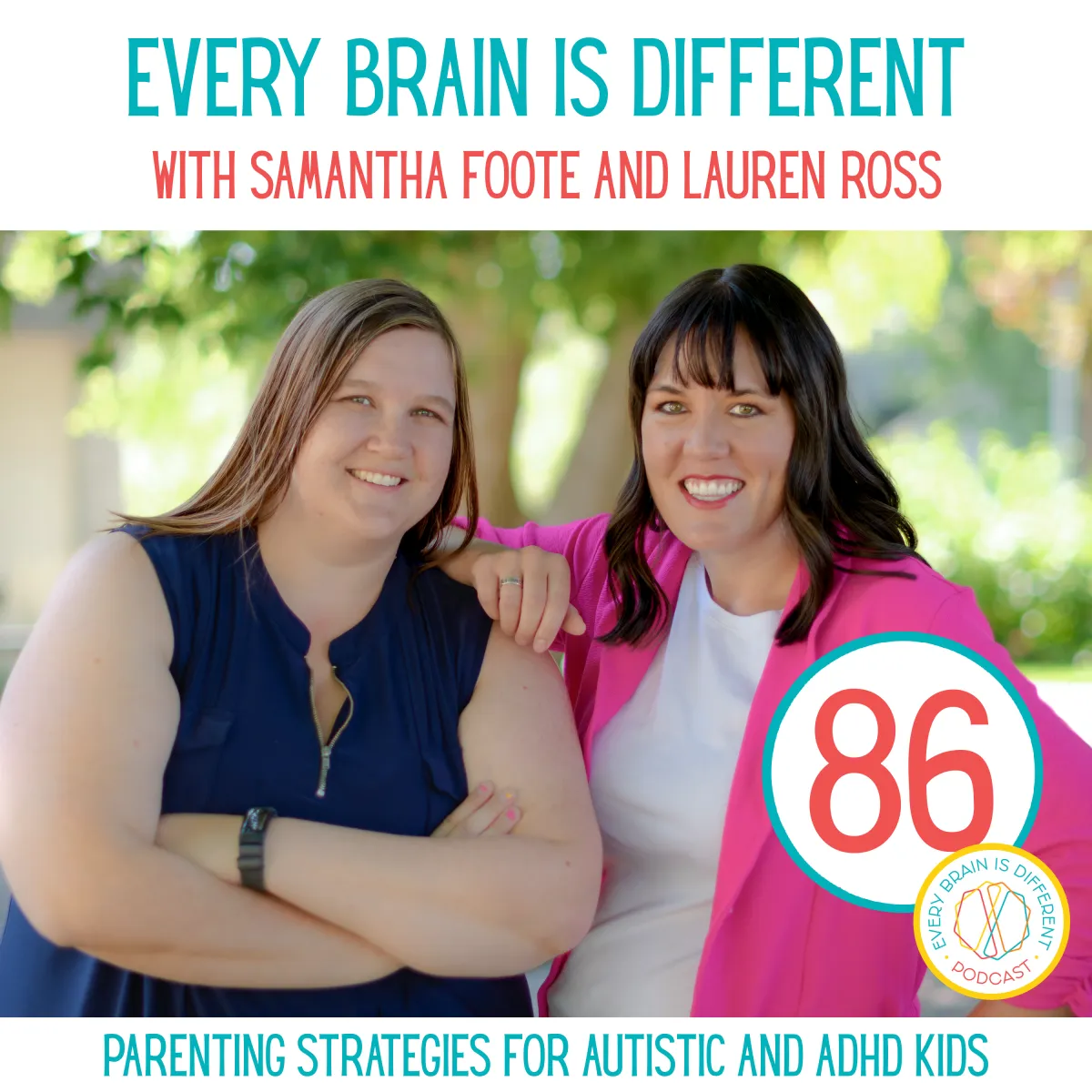Harmony in
Neurodiversity
THE BLOG
Welcome to Harmony in Neurodiversity, a blog dedicated to exploring the profound impact of music and positive parenting strategies on the lives of neurodivergent individuals. Join Samantha, a board-certified Neurologic Music Therapy fellow and a passionate Positive Discipline Parent Educator, as she shares her expertise in leveraging the power of music and effective parenting approaches to support and empower neurodiverse communities.
In her blog posts, Samantha delves into the intricate connections between music and the brain. She explores how specific musical elements and interventions can enhance cognitive functions, regulate emotions, improve communication, and promote social interaction among neurodivergent individuals. Through insightful articles and case studies, she demonstrates how rhythm, melody, and lyrics can serve as powerful tools for therapeutic interventions, fostering growth and self-expression.
Positive Discipline Parenting Strategies:
Drawing from her expertise as a Positive Discipline Parent Educator, Samantha sheds light on nurturing positive relationships between parents and neurodivergent children. Her blog offers practical advice, evidence-based strategies, and real-life anecdotes that empower parents and caregivers to cultivate respectful, encouraging, and effective parenting techniques. From setting clear boundaries to fostering a supportive environment, Samantha guides readers in navigating the challenges and joys of parenting neurodiverse children.
Exploring Intersectionality:
Samantha doesn't limit her discussions to singular approaches. Instead, she delves into the intersectionality of Neurologic Music Therapy and Positive Discipline Parenting, illustrating how these methodologies complement each other. Through her insightful content, she showcases how the harmonious integration of music-based interventions and positive parenting strategies can create holistic support systems for neurodivergent individuals, promoting their well-being and personal growth.
Community Engagement and Resources:
Additionally, Samantha fosters a vibrant online community where readers can engage, share experiences, and seek advice. She curates a wealth of resources, including recommended readings, workshops, and practical tools, empowering her audience to implement valuable insights into their lives effectively.

86 - When to Seek an Autism or ADHD Diagnosis
Connect with Samantha Foote!
Instagram: https://www.instagram.com/everybrainisdifferent
YouTube: https://www.youtube.com/@everybrainisdifferent
Connect with Samantha Foote!
Instagram: https://www.instagram.com/everybrainisdifferent
YouTube: https://www.youtube.com/@everybrainisdifferent
Transcript:
Samantha Foote: [00:00:00] Welcome to the Every Brain is Different podcast. This is Samantha here with you. This is our first installment of our new thing that we're doing called Friday Five. I'm coming at you every Friday for five minutes to talk about a positive parenting strategy, something about neurodivergence, mastering your own self regulation, strategies like that.
So today, we're going to be talking about why you should get your child diagnosed or when you should think about getting your child diagnosed. And first of all, I wanted to discuss the importance of early detection and early intervention. So why would we bother getting our kid diagnosed earlier rather than later?
Early intervention is crucial for children with developmental concerns as it significantly improves long term outcomes. The sooner you can change your parenting strategies, the sooner you can maybe get them into speech or occupational therapy or music therapy, or any of the many resources that are available, the better the long term outcomes will be.
And then you can also know how [00:01:00] your child works, you can get to know their brain a little bit better so that you can change your parenting strategies so that you can have a better connection with them. And in the long term, better behavior for them, better behavior from you. And it just works out better in the long term.
The next thing that I want to talk about is the signs and maybe some things of concern that you might be looking at if you're wondering if you should get your child diagnosed. So the first one for Autism Spectrum Disorder is social communication challenges. This is difficulty with nonverbal communication, such as gestures or facial expressions, difficulty maintaining conversation, and maybe a preference for solitary activities.
And while none of these are wrong. None of them are bad. It's just a difference that a kid with autism might have. I know when my son was young, the first sign that he might have autism was he wasn't making eye contact when he was a baby. He wasn't smiling. He [00:02:00] wasn't really interacting with anyone. And so that was a cause for concern, when he was very young.
My daughter was a little bit older when we got her diagnosed. And the main thing for her was she was having balance problems. So I took her to an audiologist and the audiologist said she might have auditory processing disorder, but she really needs occupational therapy.
So I took her to an occupational therapist and that person said, I think she might have autism because she does not do pretend play. This girl did not play. She would talk, she would interact, but she wouldn't play at all. So those were some of the social communication challenges that I saw in my family and why I saw a need for a diagnosis, or not a diagnosis, but an assessment.
Then the next thing is repetitive behavior. So these are just repetitive movements. The stereotypical ones are hand flapping or rocking. I know kids can move their fingers together, or they have the insistence on sameness in the routine. It might not [00:03:00] even be a physical thing that they're doing. They just need the sameness in routine and they're highly focused interests, so they're really focused on 1 or 2 things, and they don't really care about other things. And so this is another sign that your kid might have autism.
The next one is sensory sensitivities, and this is just heightened sensitivity or under responsiveness to sensory stimuli, such as noise, touch, textures.
I know when my son was really little, he did not like being touched. He did not like having things touch him. He didn't like getting dirty. He freaked out when he touched the icing on his birthday cake when he was a one-year-old. And so those are some things that we were just looking at to maybe get an assessment or as a reason to get an assessment.
The next one is looking more at ADHD. So this is changing attention or inattention to things where they're not really not paying attention, [00:04:00] they're just changing their attention between many different things and then hyperactivity, whether it's internal or external and then impulsivity. Acting without thinking about consequences, interrupting others and having difficulty waiting their turn.
So those are some of the signs and when you go get an assessment. They will rely heavily on parent observation, so write everything down, write the things down that you think are important things that you're noticing, and then they'll also do assessments. They'll do formal assessments, they'll observe your child playing, and if the assessor is not doing all of these things, then you might want to get a second opinion, because all of these things are very important when deciding if a child has autism, ADHD, or another neurodivergent diagnosis.
So after you get the diagnosis, we are going to talk about that at a later time, like what I suggest doing right after you get a diagnosis, because my 5 minutes are up today. So I will [00:05:00] see you next week for your Friday Five.
And if you're looking for more information about getting diagnosed, what to do after a diagnosis, or just parenting your neurodivergent child in general, you can check out our Ultimate Guide to Parenting Your Neurodivergent Child at EveryBrainIsDifferent.com. That's a free download and you can check it out.


